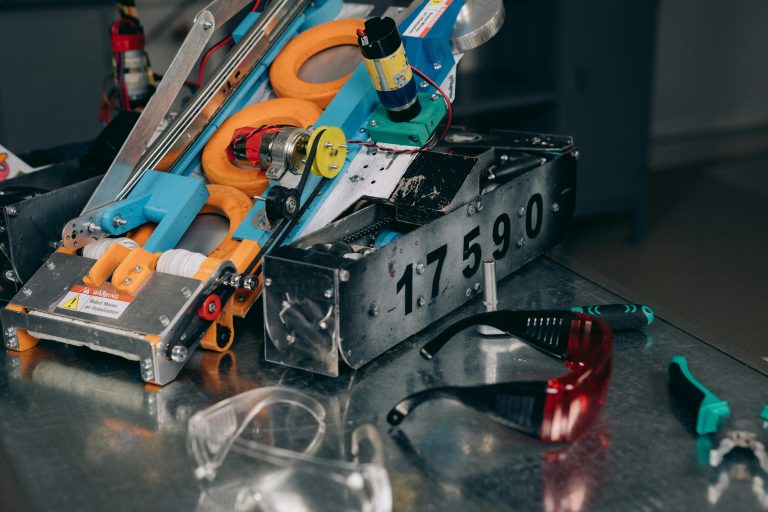Is Your Roof Energy Efficient? 5 Ways to Reduce Your Bills

Why Roof Efficiency Matters
When homeowners think about energy savings, they often focus on appliances, windows, or insulation. Yet one of the biggest influences on heating and cooling costs sits right above their heads: the roof. An energy-efficient roof regulates temperature, minimizes heat transfer, and reduces strain on HVAC systems. With utility costs rising and climate concerns growing, making sure your roof works with you—not against you—has never been more important.
1. Choose the Right Roofing Material
Not all materials perform equally when it comes to energy efficiency. Some absorb heat and transfer it inside, while others reflect sunlight and keep interiors cooler.
Asphalt Shingles
Still the most common option, asphalt shingles are affordable but not the most efficient. Dark shingles absorb heat, which increases cooling costs in summer. Lighter-colored shingles with reflective granules perform better.
Metal Roofing
Metal reflects sunlight naturally and can be coated with reflective paint to maximize efficiency. It’s also durable, making it one of the best long-term investments for lowering energy bills.
Slate and Tile
Heavier materials like slate and clay tile insulate well and allow for airflow underneath, helping reduce heat transfer. They’re expensive but deliver excellent performance.
Flat Roofing Systems
For homes with low-slope or flat roofs, specialized membranes and coatings improve efficiency dramatically. Options like TPO and EPDM are designed to resist heat absorption and extend roof life. Choosing the right material for your climate and home design is the foundation of an energy-efficient system.
2. Reflective Coatings Make a Difference
Adding a reflective coating to your roof is one of the most effective ways to improve efficiency without a full replacement. These coatings bounce sunlight away, reducing surface temperature by as much as 50 degrees. That translates to cooler interiors and lower cooling costs.
Reflective coatings also protect roofing materials from UV degradation, extending their lifespan. While often used on commercial buildings, residential applications are becoming increasingly popular.
3. Don’t Overlook Insulation and Ventilation
An efficient roof isn’t just about the outer layer. Insulation and ventilation in the attic play critical roles in energy performance.
Insulation
Proper insulation prevents heat from escaping in winter and entering in summer. Many older homes have insufficient attic insulation, which forces HVAC systems to work harder. Upgrading insulation is a relatively inexpensive project with a big return on savings.
Ventilation
Ventilation balances airflow, preventing heat and moisture buildup. Without it, roofs deteriorate faster, and cooling costs spike. Ridge vents, soffit vents, and attic fans all improve performance.
Together, insulation and ventilation create a balanced system that supports energy efficiency year-round.
4. Embrace Cool Roof Technology
Cool roofs are designed to reflect sunlight and absorb less heat than standard roofing. They use reflective materials, coatings, or even specialized shingles to reduce indoor temperatures.
Benefits of Cool Roofs
- Lower energy bills in summer
- Improved indoor comfort without overusing AC
- Reduced urban heat island effect in cities
Cool roof technology is especially valuable in regions with hot summers, but even in New York, it can make a noticeable difference during warm months.
5. Maintain Your Roof Regularly
Even the most efficient roof fails if it’s not maintained. Small leaks, clogged gutters, or damaged flashing can compromise insulation and increase energy costs. Regular inspections catch these issues early and keep the system performing at its best.
Maintenance Tips
- Clear gutters and downspouts twice a year
- Inspect flashing for rust or separation
- Check for missing or cracked shingles after storms
- Remove moss, algae, and debris that trap moisture
Consistent care ensures your roof delivers the efficiency it was designed for.
Flat Roofing and Energy Efficiency
For homeowners with flat or low-slope roofs, energy efficiency is especially critical. Flat surfaces absorb more heat, and improper drainage can worsen performance. That’s why modern flat roofing systems use advanced membranes and coatings designed for efficiency. Partnering with experts in Firestone flat roofing New York provides access to some of the best energy-efficient solutions available today, with proven durability in challenging climates.
The Long-Term Payoff of Energy-Efficient Roofs
While upgrades like reflective coatings, insulation, and advanced materials require upfront investment, the long-term payoff is undeniable. Lower energy bills, reduced maintenance, and increased home value all contribute to strong returns. Buyers are also increasingly aware of efficiency features, meaning a smart roof can make your property stand out in competitive markets.
Combining Strategies for Maximum Impact
The most effective approach isn’t just choosing one upgrade—it’s layering multiple strategies together. For example:
- Pairing reflective coatings with attic insulation
- Installing a cool roof alongside ventilation improvements
- Choosing energy-efficient materials with professional installation
When combined, these steps create a system that maximizes efficiency and minimizes waste.
Why Professional Installation Matters
Even the best materials and upgrades fail if they’re installed incorrectly. Proper sealing, flashing, and ventilation require expertise. Homeowners who cut corners with inexperienced contractors often see efficiency gains vanish within a few years. That’s why working with certified professionals is essential.
Building a Roof That Works for You
Energy-efficient roofing isn’t just about saving money—it’s about creating a healthier, more comfortable home. From reducing heat stress on HVAC systems to preventing moisture buildup, an efficient roof protects both your wallet and your property. By making smart choices today, homeowners ensure their roof serves them well into the future.






